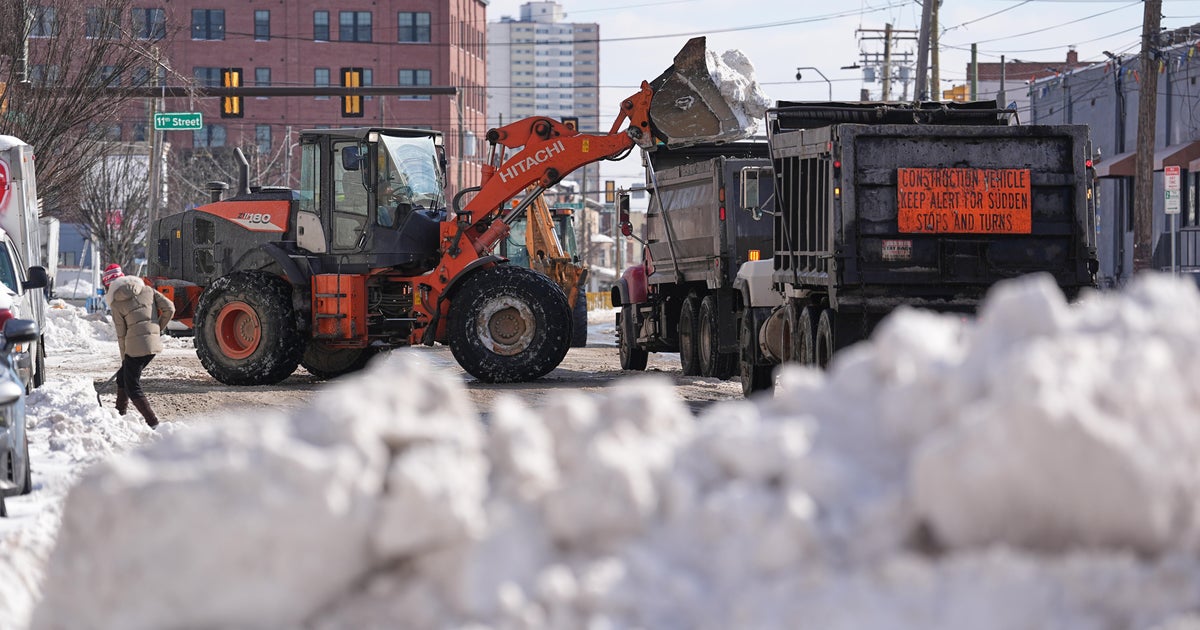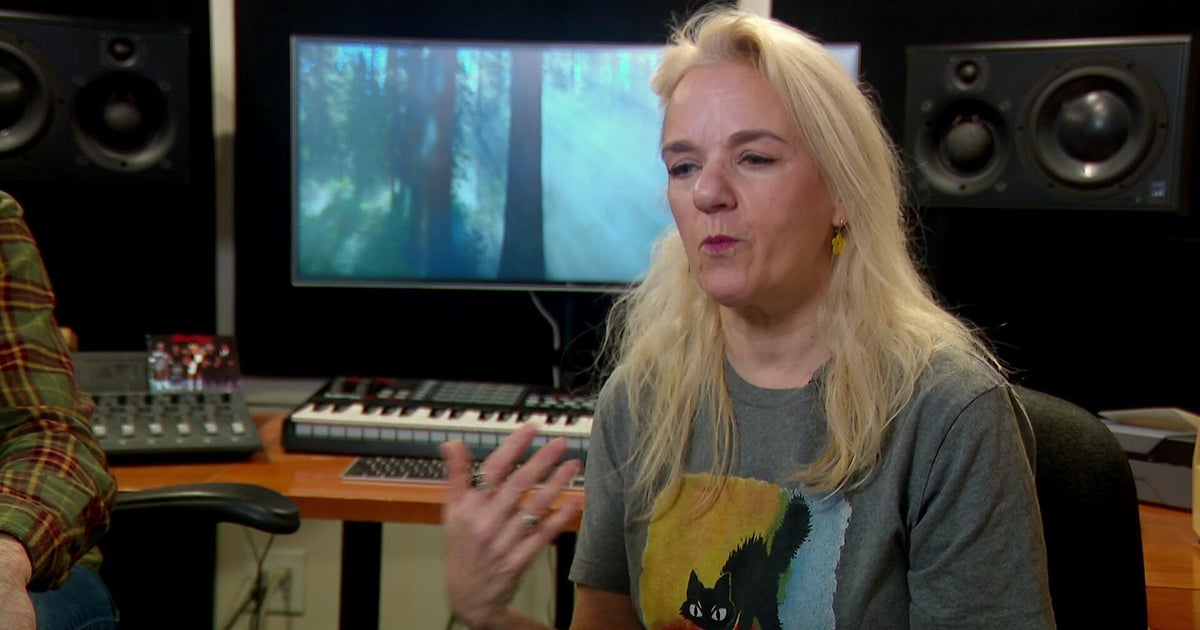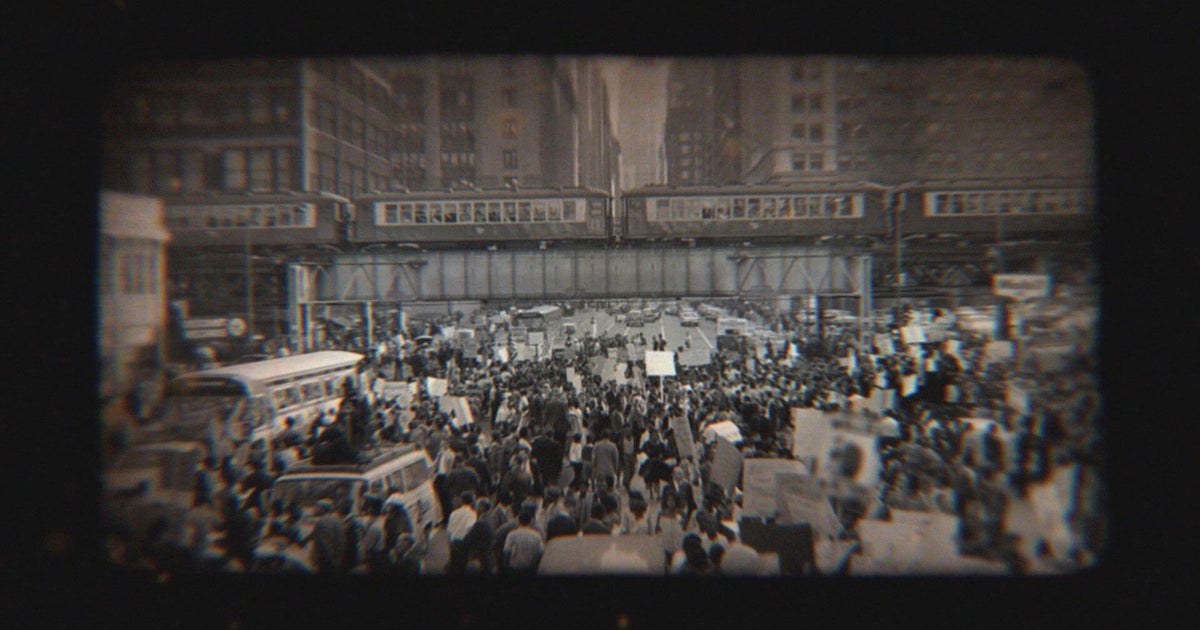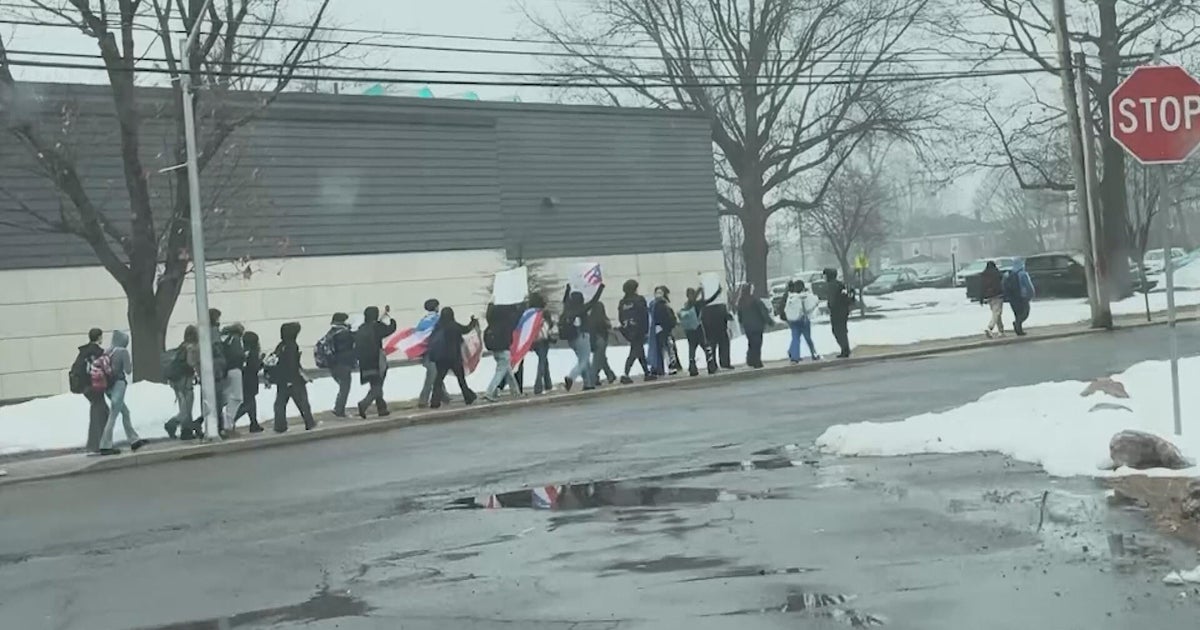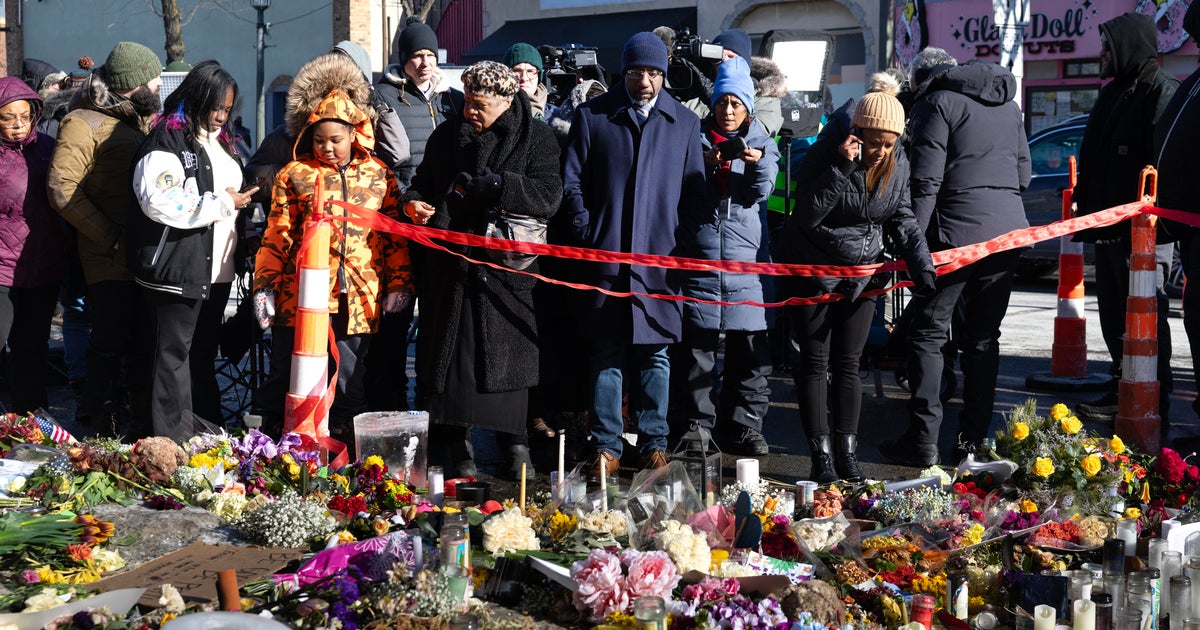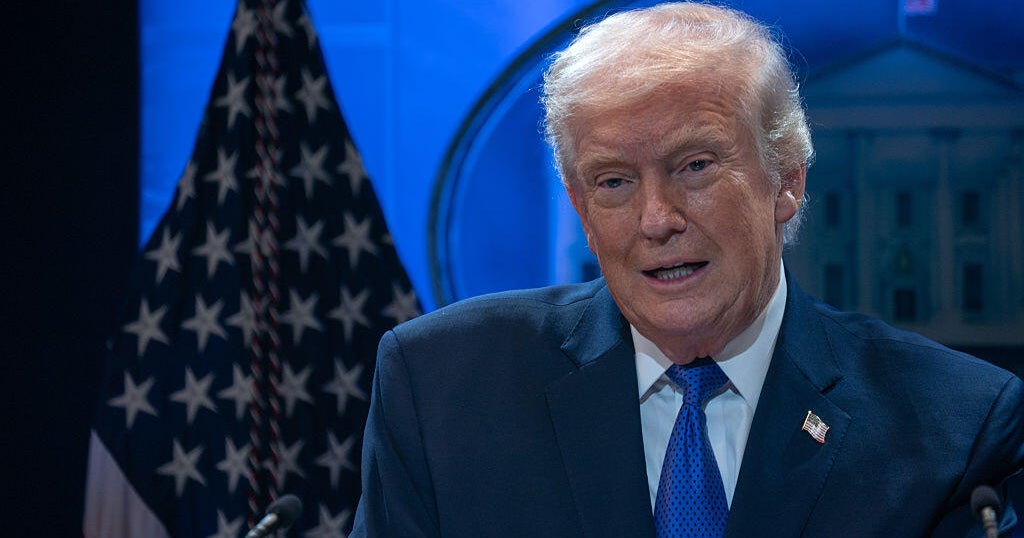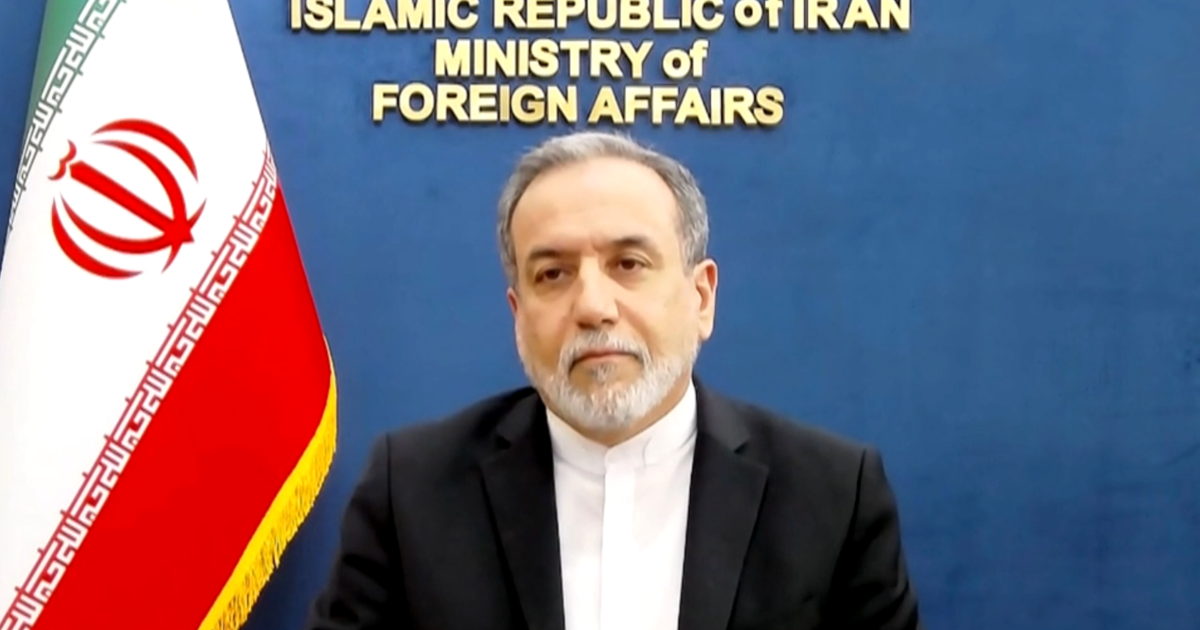In a major shift, China eases draconian "zero-COVID" policy restrictions
In a monumental reversal of policy, China announced Wednesday a series of measures rolling back some of its most draconian "zero-COVID" anti-coronavirus restrictions. The move appeared to be in response to widespread protests in recent weeks, including some of the boldest demonstrations China has seen in decades.
Representatives from the National Health Commission held a press conference to announce the massive changes, which had been hinted at last week with a notable shift in rhetoric and an easing of some measures regionally. The changes announced Wednesday include:
- Regular mandatory testing for most people will end immediately.
- People will no longer have to show a recent negative COVID test result to enter most public venues, apart from places like nursing homes with added health risks.
- The now-familiar armies of government health workers in hazmat suits will no longer be locking down entire apartment complexes if a positive COVID case is found inside.
- People with confirmed COVID infections won't be forced into state quarantine, allowed instead to recover at home.
That, along with a new commitment to vaccinate more elderly people, may all sound like common sense, but it represents a huge climbdown for President Xi Jinping and the Communist Party he leads.
The zero-COVID policy has for years aimed to stamp out any spread of the coronavirus through tight lockdowns and mandatory isolation in government facilities, along with a host of other measures. It was enforced and repeatedly espoused from every level of officialdom despite the huge personal inconvenience it imposed on China's residents and the tremendous toll it took on China's economy. It has been a hallmark policy of Xi's regime.
But after a series of deaths blamed on the draconian measures, including of children in government isolation centers, Xi and his advisors watched protests erupt two weekends ago in more than 20 cities. Any public demonstrations are extremely rare in China's tightly controlled society, and these protests saw calls not only for freedom from the rolling lockdowns, but even for an end of Xi's rule. A message was clearly delivered that the Chinese people were fed up.
Since the pandemic began, however, as part of its absolutist approach to controlling the virus, the Chinese government had managed to broadly convince people across the country that COVID was an often-lethal threat to public health, so the change in the rules on Wednesday brought fresh anxiety.
At the Hai River, where hardy Beijingers often head for a frigid winter dip, one man getting ready to take the plunge on Wednesday said he was "confused."
"Is zero-COVID better, or should we learn to live with the virus?" he wondered aloud. "This government flip-flop… I'm just not sure which side to pick."
He had already chosen not to get a coronavirus vaccine. He said he was trying to ward off a COVID infection by taking his freezing dips, to boost his immune system.
The risk now, with so many un- or under-vaccinated elderly people across China, is that the country could see a surge in COVID-related deaths.
